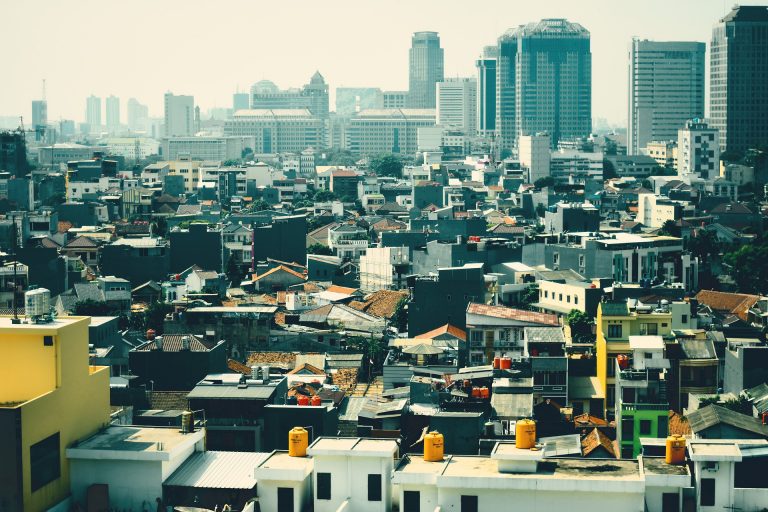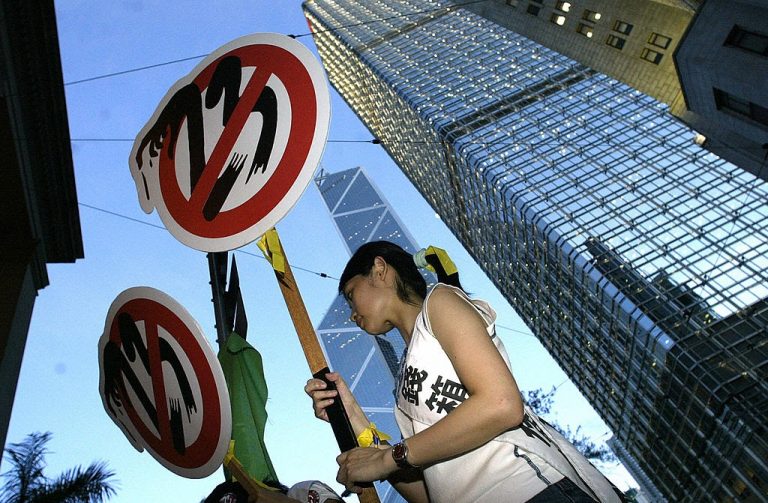The Indonesian parliament passed its Capital City Bill on Jan. 18, setting the stage for the construction of its new capital city in the East Kalimantan province of Borneo.
The shift of the capital, first announced back in 2019, will be a $35 billion project. At present, Jakarta is the capital city of Indonesia.
The new capital will be called “Nusantara,” which translates as “archipelago” and refers to the nation as a whole. The government will fund 60 percent of the cost of the project, with the remaining 40 percent coming from the private sector. The initial relocation to the new capital will start sometime between 2022 and 2024.
“The new capital has a central function and is a symbol of the identity of the nation, as well as a new center of economic gravity,” Planning Minister Suharso Monoarfa told parliament after the bill was passed.
Nusantara is expected to place the country in a “strategic position” with regard to global trade flows, technological innovation, and investment flows. Once completed, the new capital city is predicted to become a low-carbon super hub that will support sectors like technology, health, and pharmaceuticals.
Success
You are now signed up for our newsletter
Success
Check your email to complete sign up
Indonesia has one of the largest populations in the world. At 270 million, it is only behind India, China, and the United States in this regard. However, unlike these three nations, Indonesia is an archipelago of around 17,000 islands distributed at vast distances.
Five big islands account for the majority of the Indonesian population – Java, Sumatra, Borneo, Sulawesi, and New Guinea. Of these five islands, Java alone has 145 million people, accounting for 60 percent of the nation’s population. And it is in Java that the current Indonesian capital of Jakarta is situated.
Jakarta has seen a massive population explosion over the past decades. In 1945, there were only 600,000 residents in the city. In 2020, there were 10.5 million people living within the boundaries of the city. This explosion in population was accompanied by rapid urban growth that created multiple issues.
For one, Jakarta is known as the city with the worst traffic congestion in the world. Over 13 million motorcycles and 4.5 million cars clog the city’s streets. According to some estimates, an average citizen of Jakarta will spend 10 years of his/her life in traffic. The traffic situation is so bad that high-ranking government officials have to be escorted by police convoys to make sure that they arrive at meetings on time.
Secondly, Jakarta has a severe air pollution problem, which shouldn’t be surprising given the millions of vehicles on the street and the traffic congestion. Seven coal plants worsen the pollution problem. Five more plants will be opened in the future, which combined will be equivalent to adding 10 million more vehicles in the city. In 2021, 172 days of the year were deemed to be too polluted to remain outside.
In addition to the above problems, the biggest factor that pushed the government to shift the capital away from Jakarta is the fact that the city is sinking. It is estimated that Jakarta is sinking at the rate of one centimeter per year. Some areas are sinking at the rate of 25 centimeters annually.
By 2050, roughly 25 percent of Jakarta could be submerged. At present, 40 percent of Jakarta is believed to be situated below sea level. Given that sea levels are rising, Jakarta looks like a risky place for a nation’s capital that is supposed to be the most secure part of a country.
The shift to East Kalimantan has been criticized by environmentalists who fear that the move might negatively affect the jungles of the region. In an interview with Arab News, Erasmus Cahyadi, deputy secretary general of the Indigenous Peoples Alliance of the Archipelago, accused the capital policy of not being scientific.
“The process has been reckless, lacking in participation, and was not based on dialogue with the people… The indigenous population is not at all visible in the new state capital law. While on the ground, the existence of the indigenous population is very clear,” Cahyadi said.















